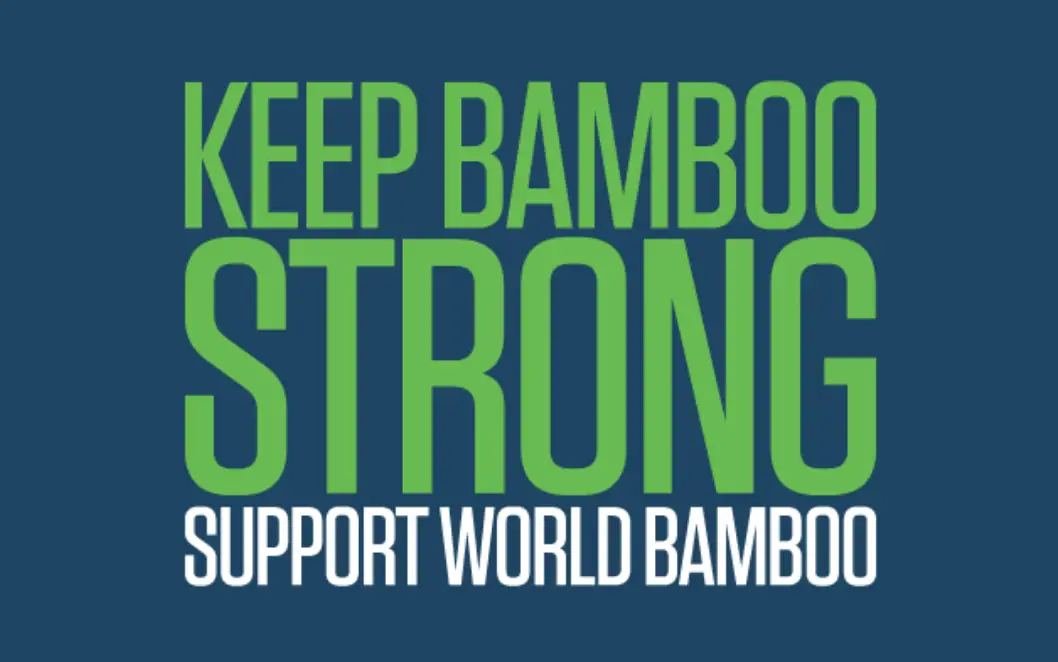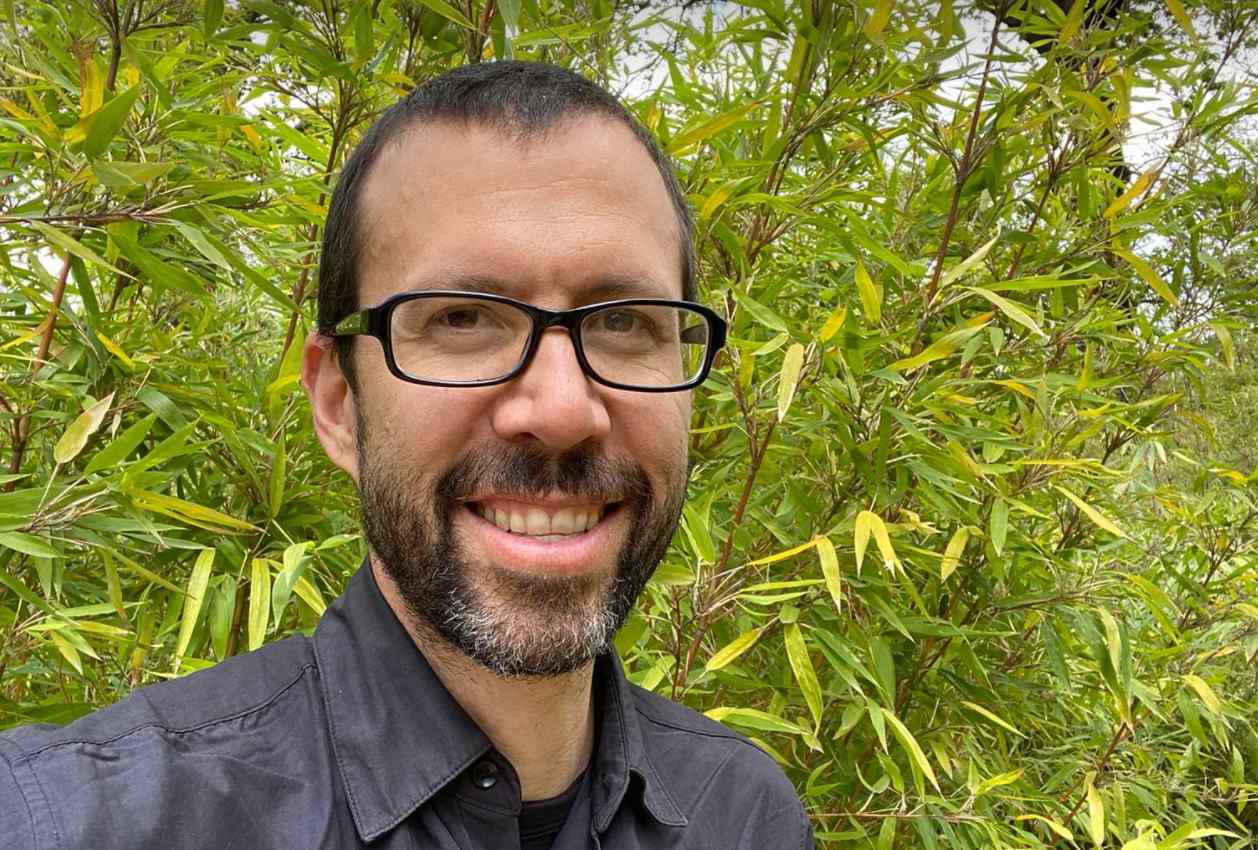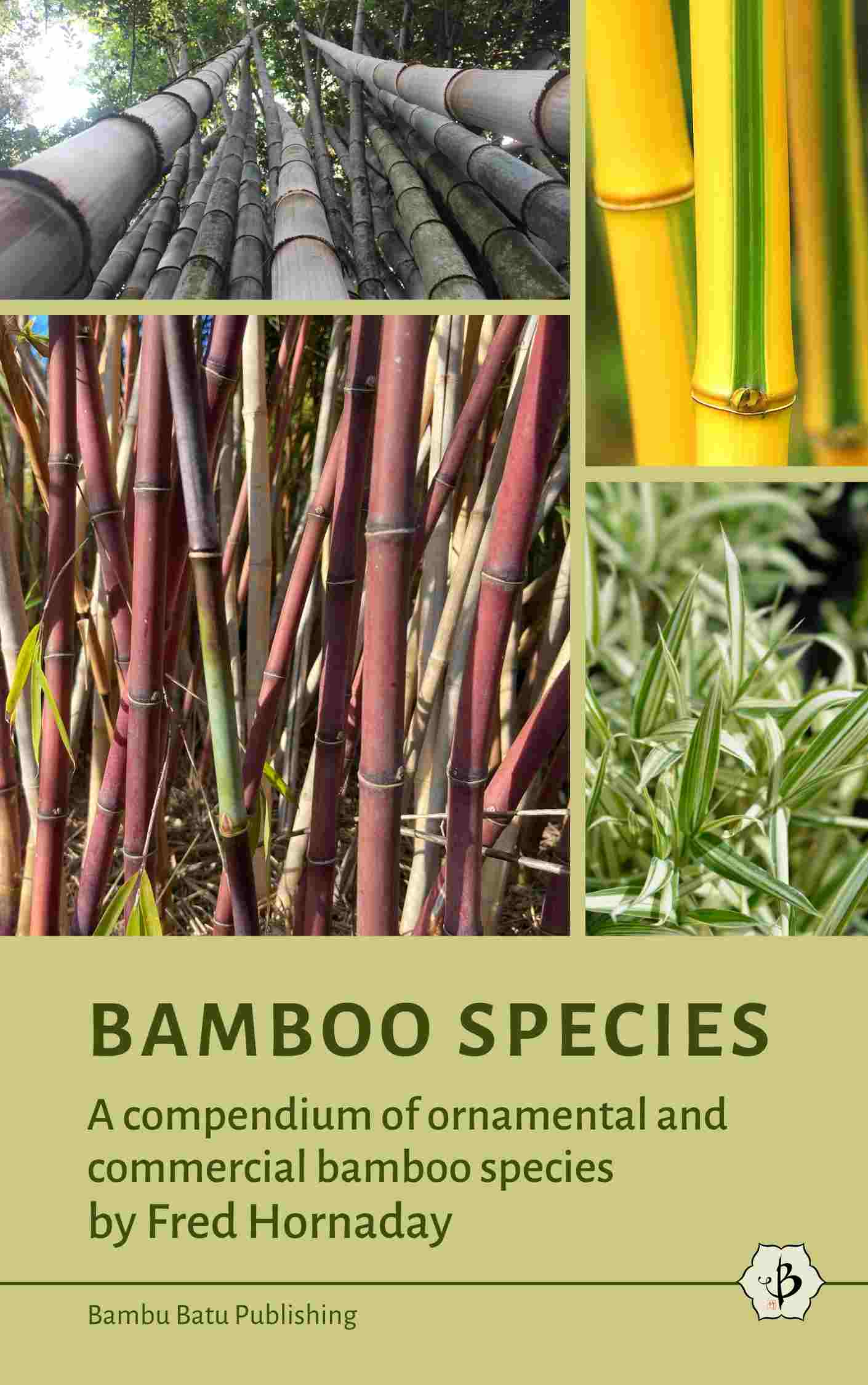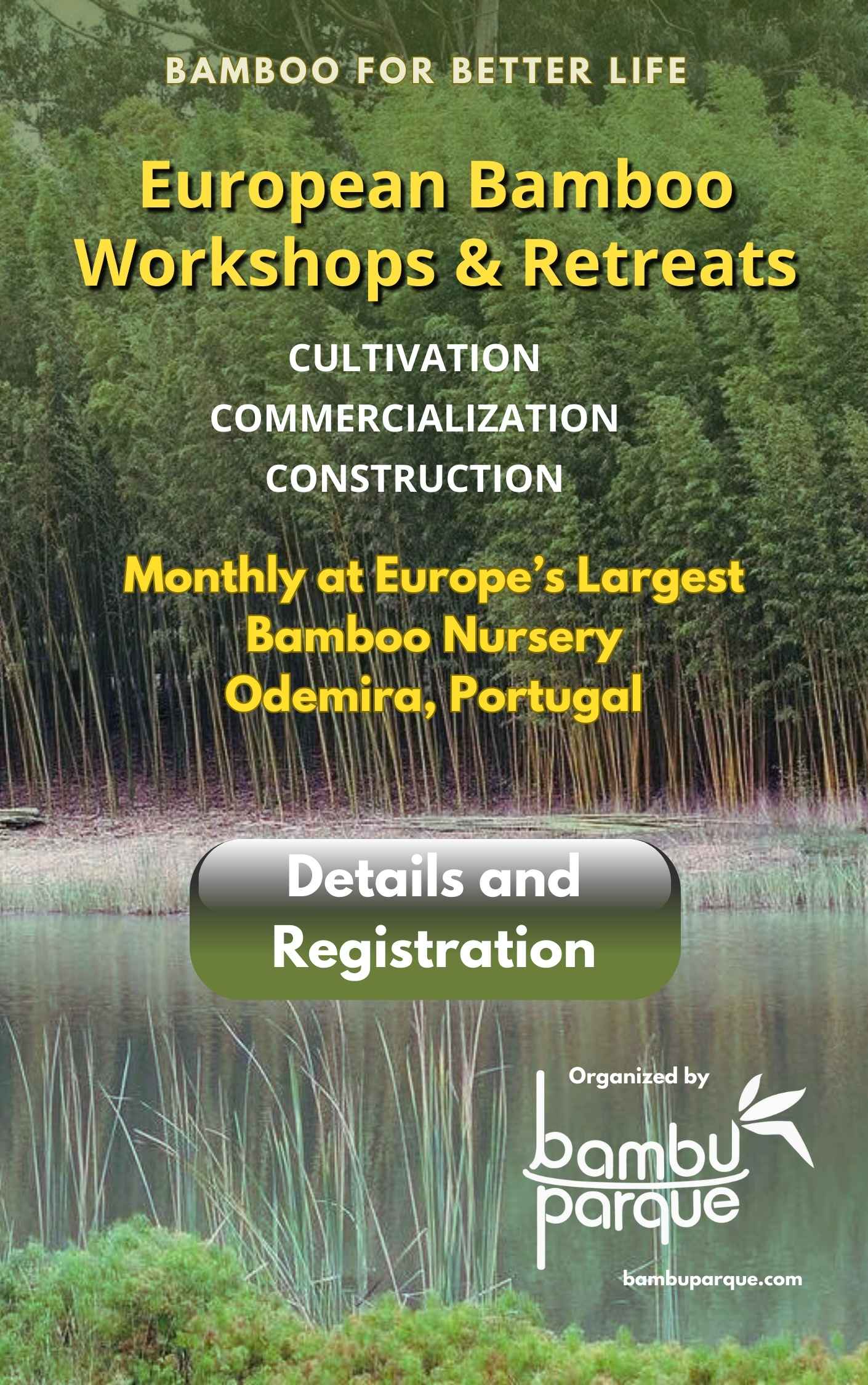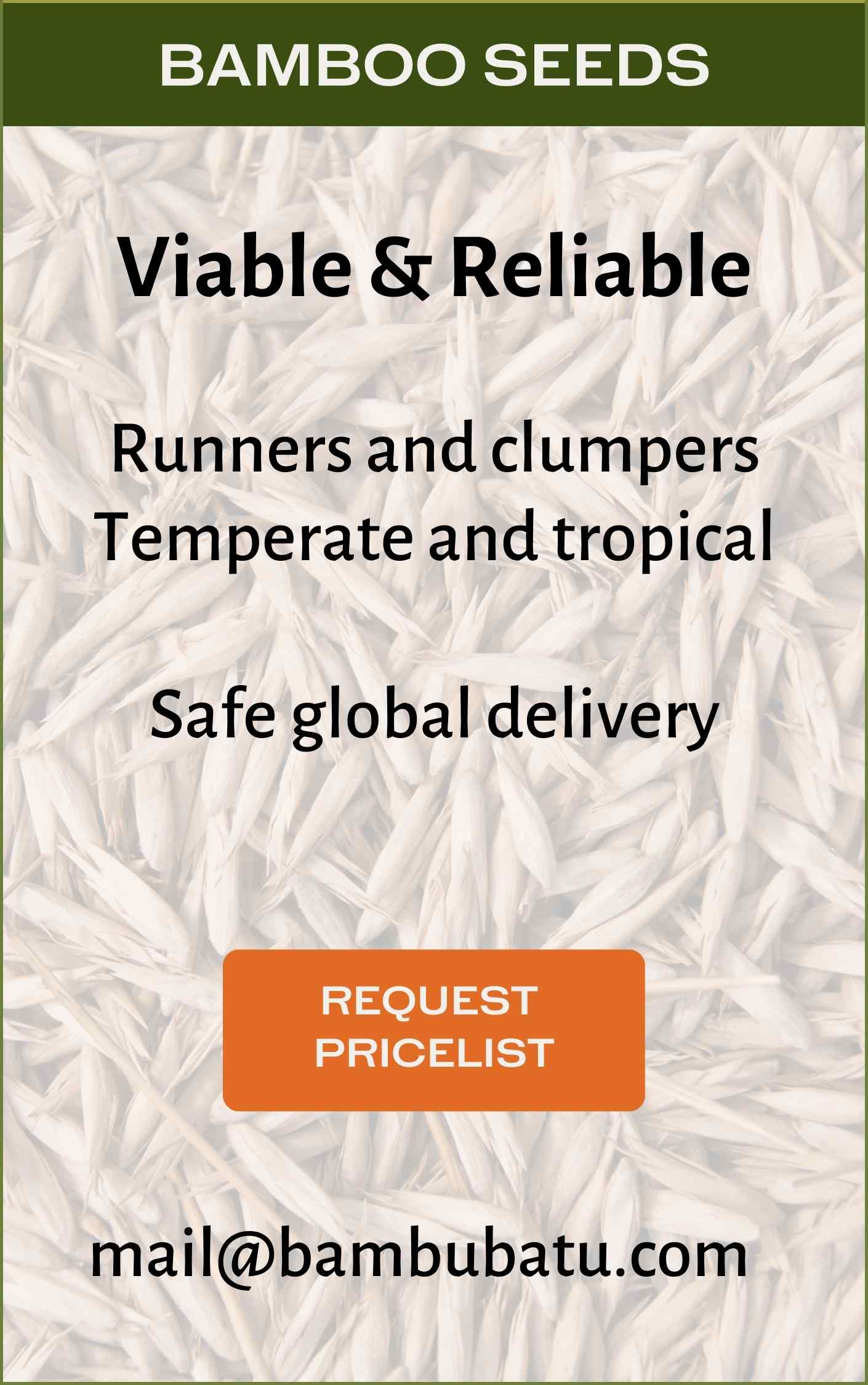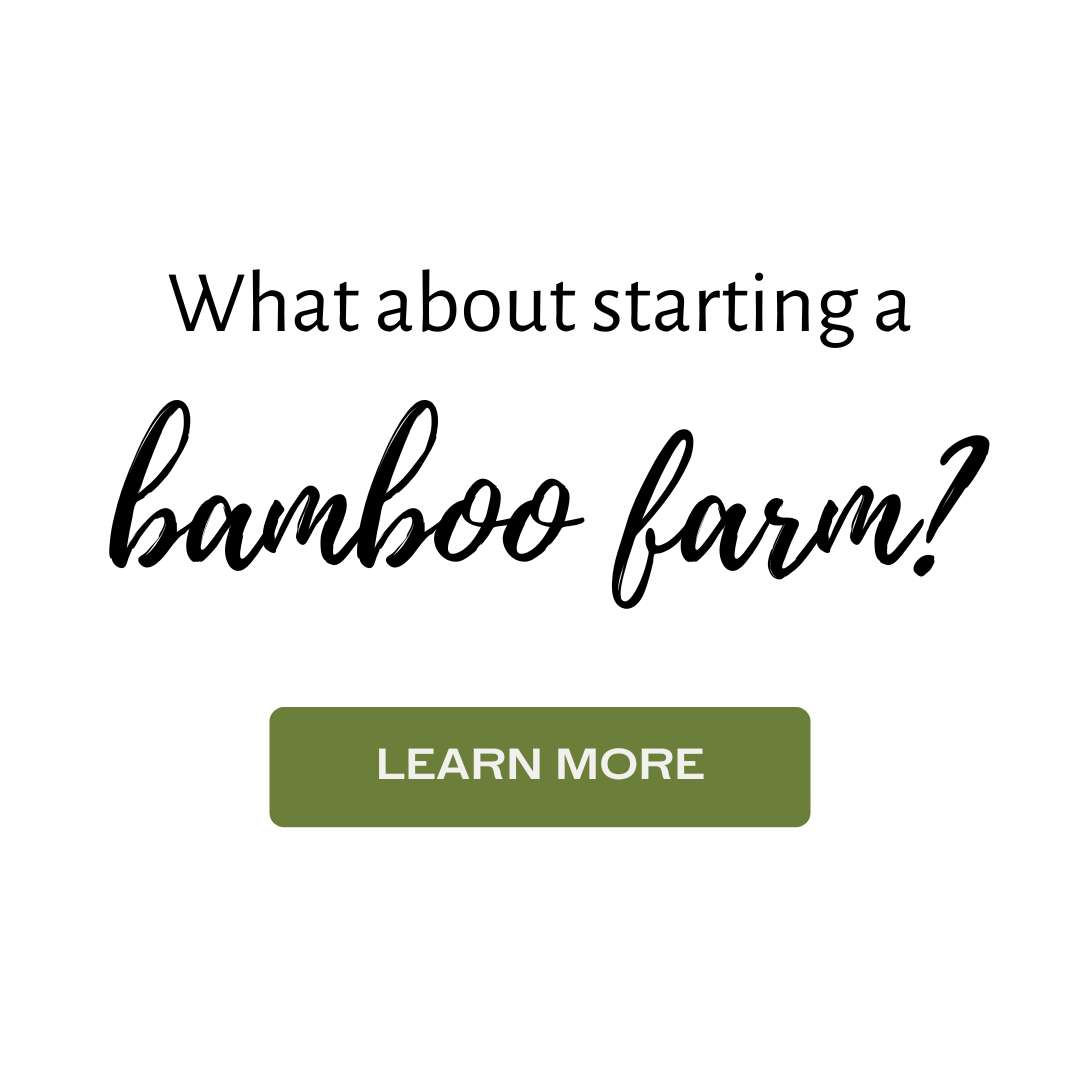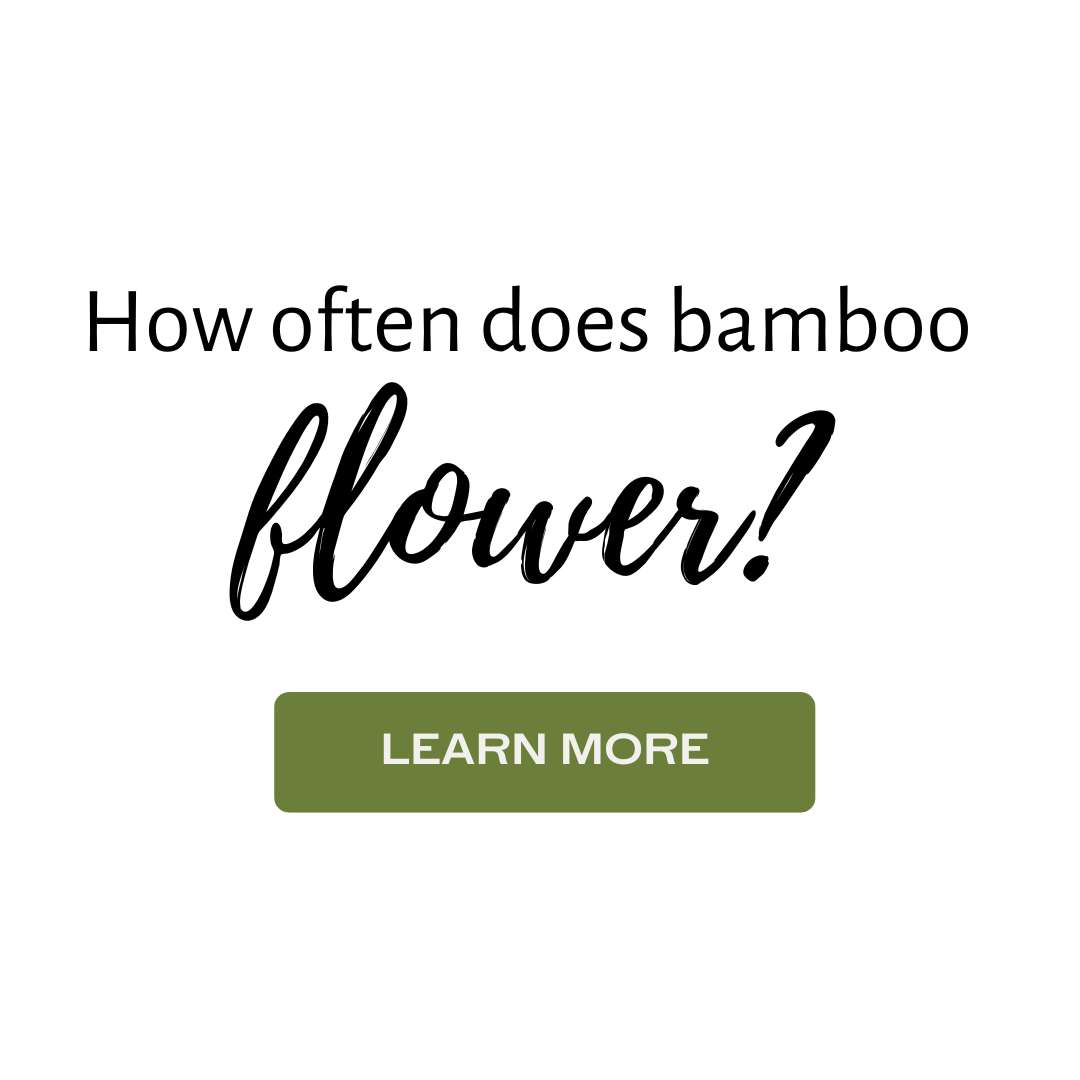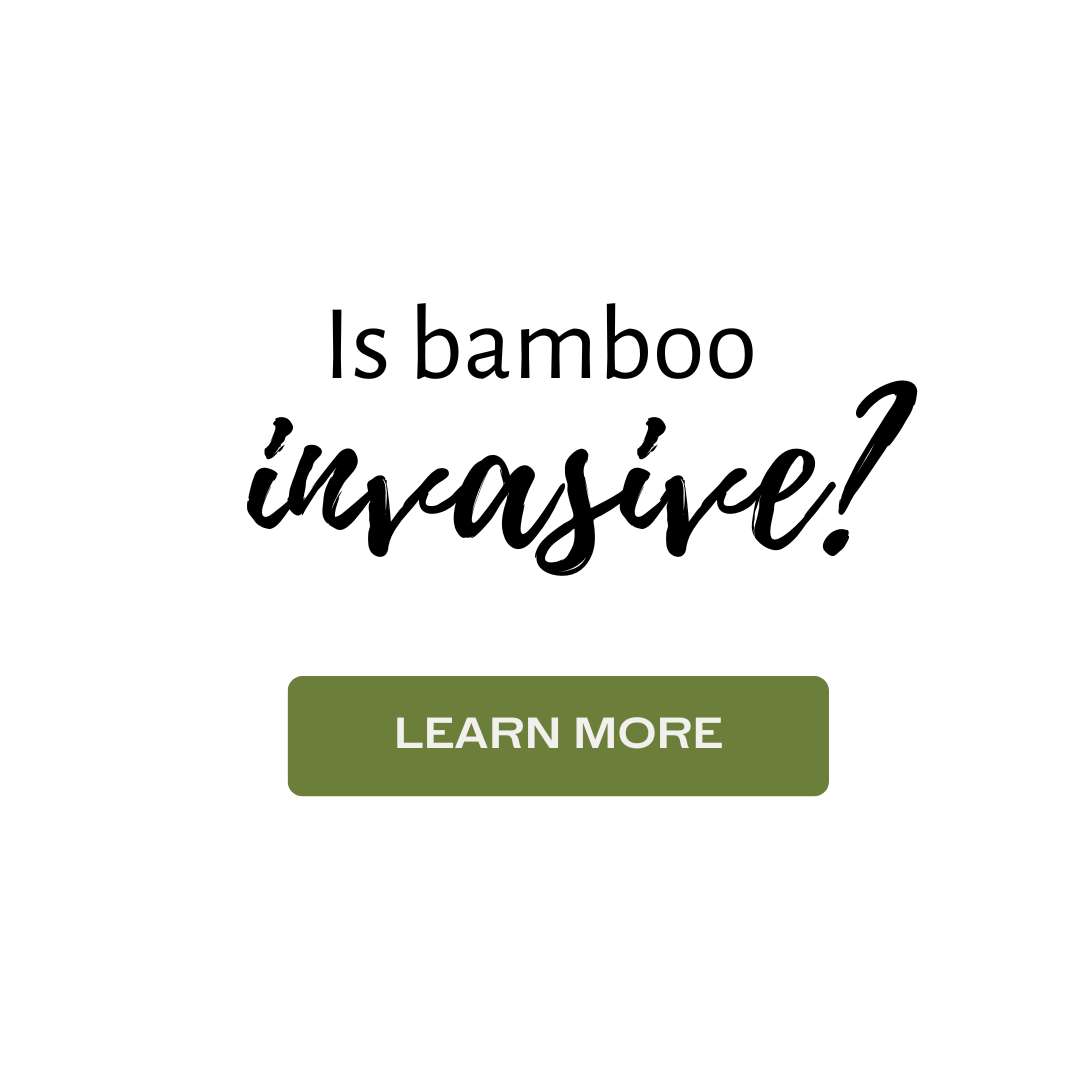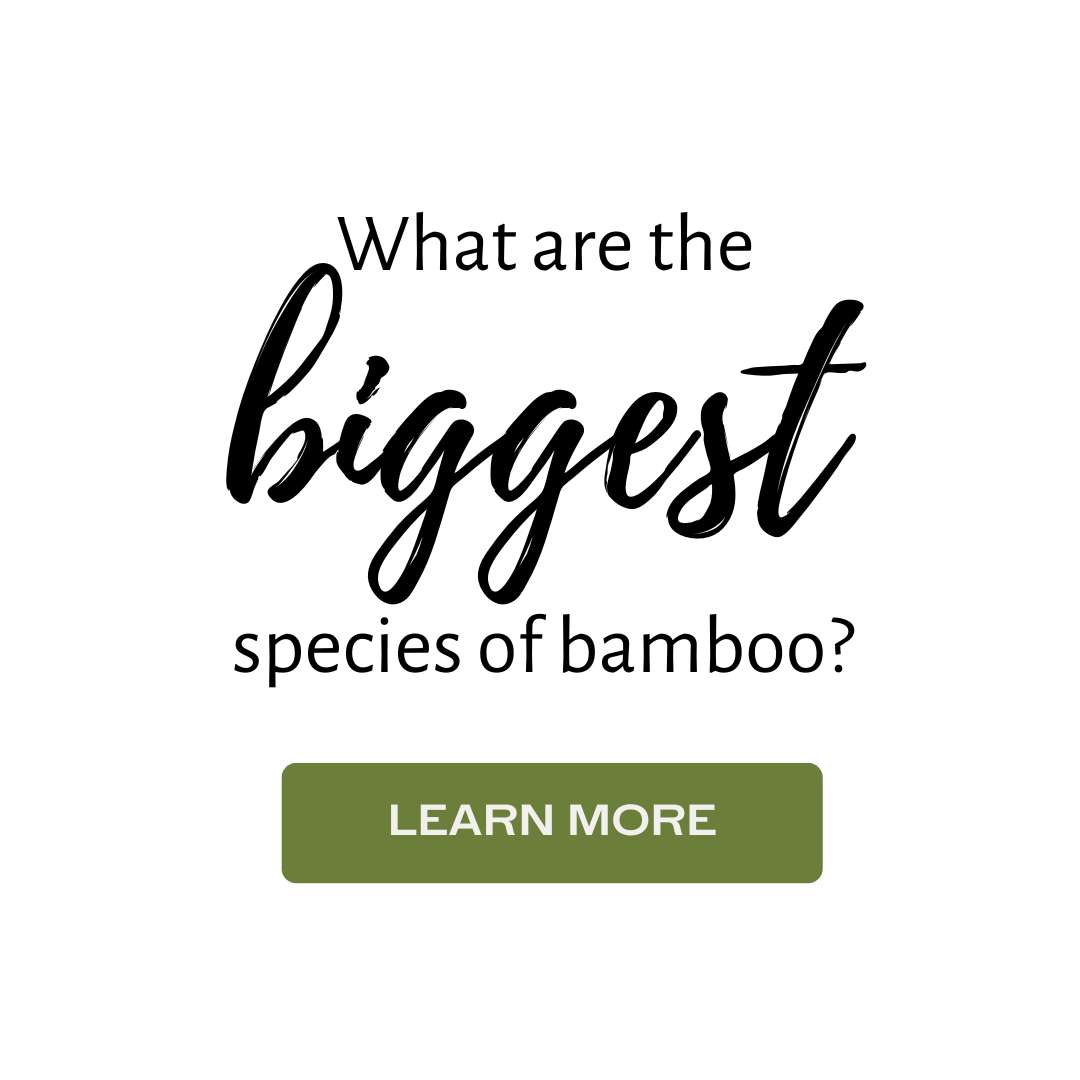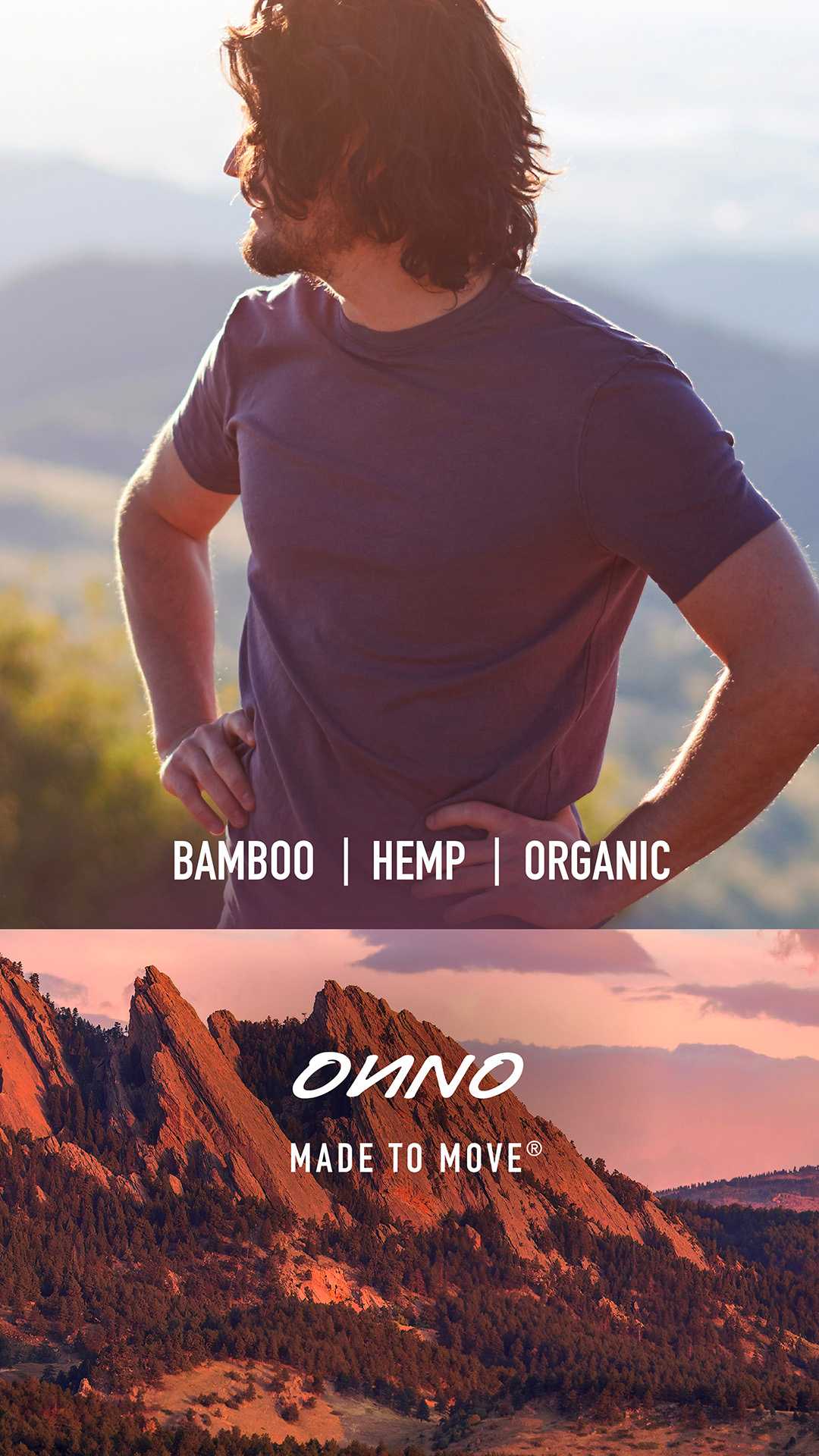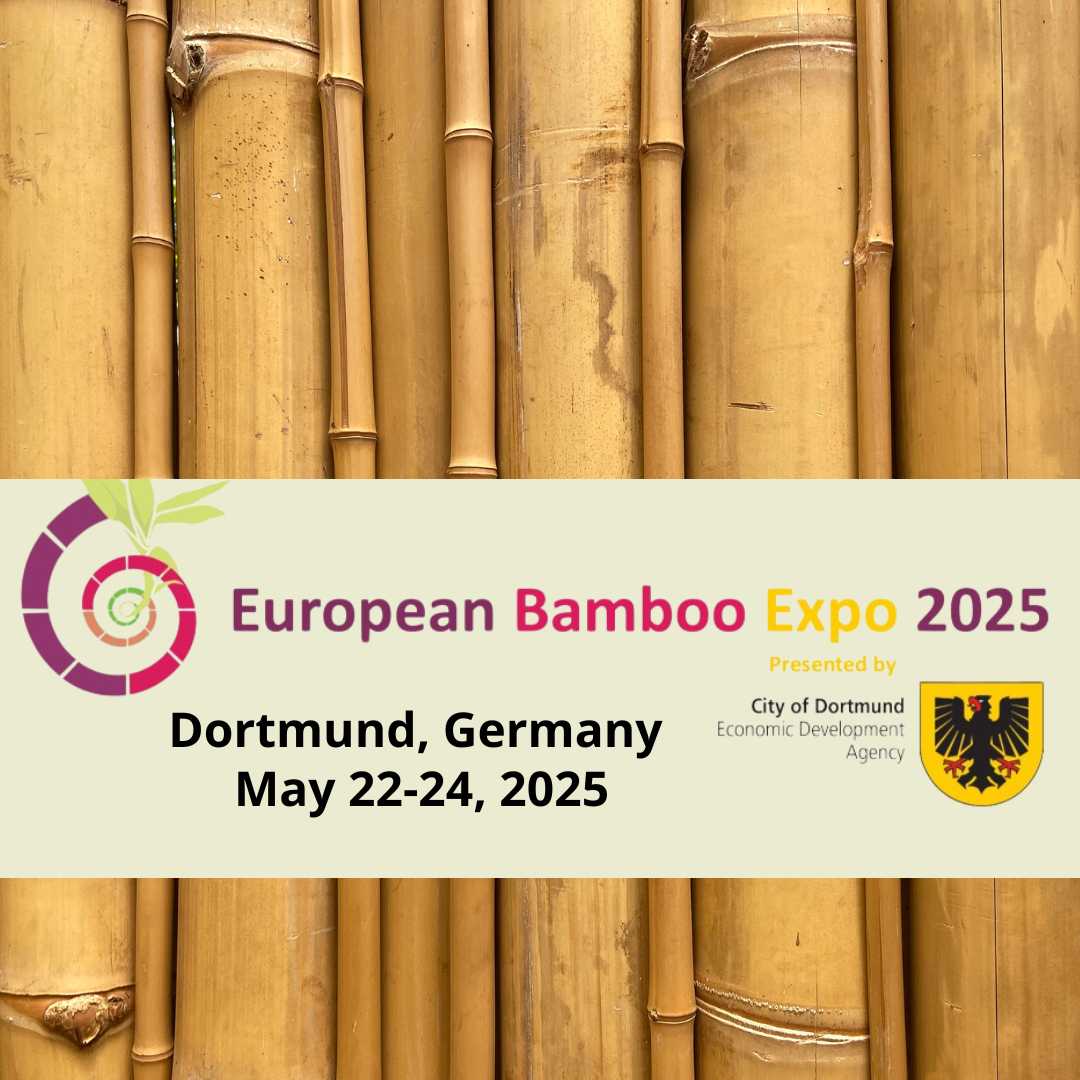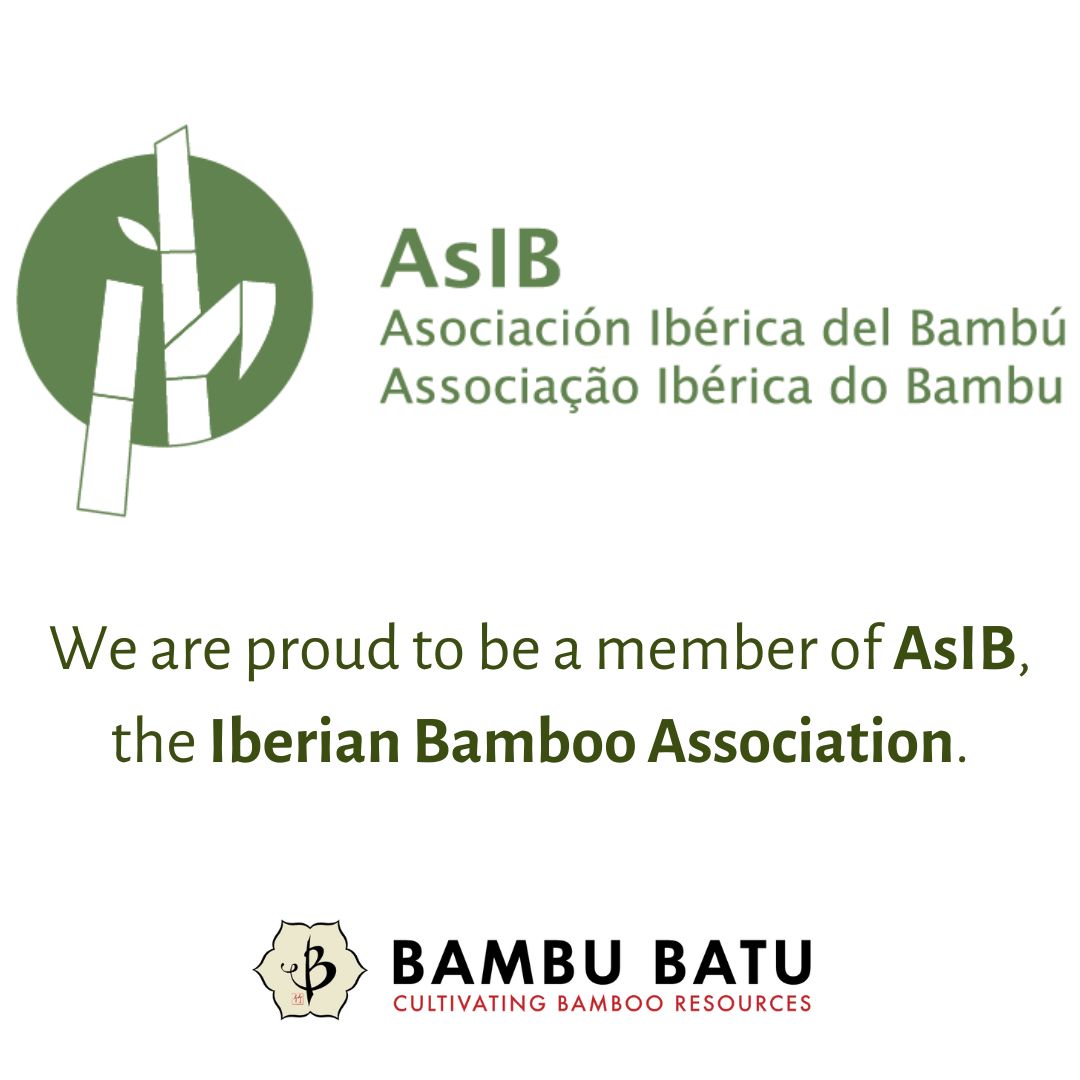Since 1992 the World Bamboo Organization, formerly known as the International Bamboo Association, has been advancing the use and cultivation of bamboo and bringing together bamboo enthusiasts and entrepreneurs across the globe. Connecting influencers, promoting research and educating the public, you can think of the WBO as a force of nature. Last month (December 2020), they established the World Bamboo Foundation, which could be the organization’s most generous and ambitious undertaking to date.
Working in conjunction with a private foundation, the World Bamboo Organization (WBO) has created the World Bamboo Foundation (WBF) to establish the WBF Global Fellowship program and to award two prizes annually over the next five years. The Global Bamboo Climate Prize and the Global Bamboo Community Development Prize will recognize and honor business leaders and organizers around the world for the positive impacts they are making with bamboo. Consistent with the larger mission of the WBO, the Foundation continues to promote the sustainable cultivation and use of bamboo as a remedy for climate change and world poverty.
Who is the World Bamboo Organization?
The World Bamboo Organization (WBO) is a U.S. based, tax exempt (501-c6) trade association dedicated to promoting bamboo for economic and environmental reasons. For nearly 30 years , they’ve been bringing bamboo growers, researchers and business leaders together to exchange information and advance the industry as a whole. They value bamboo for its great importance environmentally, socioeconomically and culturally. In other words, the WBO recognizes bamboo’s enormous potential to alleviate climate change and bring economic opportunities to the developing world, as well as its rich history and heritage.
The original International Bamboo Association (IBA) formed in 1992, following an International Bamboo Workshop in Thailand the year before. In 1998 the IBA evolved into the WBO, with the chief tasks of overseeing the International Bamboo Congress and the International Bamboo Workshop. These two events continue to be the focus of the organization.
Founding member Susanne Lucas of Massachusetts serves as the WBO’s Executive Director. A team of volunteers came together in 2005 to establish an Honorary Council, now calling themselves the Bamboo Ambassadors. These 40 dedicated individuals, representing 25 different countries, work independently but share their expertise and the common goal of advancing bamboo in the global community.

What is the World Bamboo Foundation?
The WBF is a new arm of the WBO, created in 2020 in conjunction with a private foundation. The expressed purpose of the WBF is recognize and support individuals who are leading the way in the field of timber bamboo silviculture. To honor these pioneers in the field, the WBF will award two prizes each year for the next five years. They also established a paid fellowship position for someone pursuing advanced research in some area of bamboo cultivation.
Global Bamboo Climate Prize: This prize will recognize individuals whose research, communications or other activities significantly advance the global awareness and adoption of timber bamboo for its role in mitigating climate change. There is no question that bamboo can be cultivated to produce building material far more sustainably that trees. By releasing more oxygen and capturing more carbon, bamboo can play a pivotal role in improving the earth’s atmosphere. Making the world more aware of bamboo’s potential and convincing them to plant more of it is a job worthy of praise.
Global Bamboo Community Development Prize: This prize recognizes those individuals whose research, communications or other activities significantly advance the global awareness and adoption of timber bamboo for its role in mitigating indigenous poverty in the communities with timber bamboo. Beyond its potential to heal the environment, bamboo can empower and bring self-sufficiency to some of the poorest regions of Asia, Africa and Latin America. Native species of bamboo are effective in restoring habitat, curbing erosion and cleaning waterways. Moreover, farmers can harvest and sell it, or use it for crafts and construction. The increasing global demand for raw bamboo and finished bamboo goods has made it a practical and profitable cash crop in the developing world.
The WBF has also established the Global Fellowship program, awarded with a stipend for topics relevant to the investigation of timber bamboo and its potential contribution to mitigating global warming and poverty. We know that bamboo is a more sustainable alternative, growing faster, yielding more and requiring less. But international businesses, policy makers and the scientific community need hard evidence and solid numbers. Identifying which of the 1,500 species of bamboo are the most suitable and beneficial in various soils, climates and elevations is no small task. Nor is measuring the quantities of carbon being sequestered in a bamboo plant’s root mass.
Fellowship grants can range from $5,000 to $20,000, depending on the size and scope of the project. The deadline for the 2021-22 WBF Fellowship opportunity passed last week (January 15), but there will be more opportunities in the future.
According to the WBO website, “The overall work of the Fellow will be conducted independently, with multiple reporting requirements. The Fellow will bear dual responsibilities to (a) complete a broad research summary that supports the Foundation’s climate change and poverty mitigation objectives and (b) provide initial administrative support to the Board and the two Prize Committees, especially as regards to public communication and outreach needs.” The Fellow is required to make two presentations at the next World Bamboo Congress, detailing the research, the needs and the opportunities related to bamboo’s potential for addressing climate change and global poverty.
Other projects and events from the WBO
The World Bamboo Congress takes place every 3 to 4 years and is the WBO’s main event. The Congress brings together a colorful collection of botanists, business leaders and policy makers to share the latest discoveries and newest technologies in the bamboo industry. Since the first Congress in Puerto Rico in 1984, the event has resulted in countless partnerships, both personal and professional, among bamboo pioneers from around the world.
The next World Bamboo Congress will take place in Taiwan in September 2021. The event had been slated for 2020, but the COVID pandemic forced a postponement. Details will be forthcoming as pandemic restrictions (with any luck) are lifted. Check the WBO website for details regarding the next Congress.
The World Bamboo Workshop is the WBO’s second most important event. Every two or three years bamboo engineers come together to share their expertise in the art and science of building with bamboo. Thanks in part to these seminal gatherings, the bamboo building industry has made some enormous advancements in the last couple decades.
World Bamboo Day takes place every year on September 18, modeled after Earth Day which celebrated its 50th anniversary in 2020. Bamboo Day has only been happening since 2009, and it’s yet to achieve the same notoriety. But the World Bamboo Congress always occurs on Bamboo Day, and elsewhere, bamboo enthusiasts mark the day will various, thematic celebrations and festivities.
Further reading
If you’re interested in learning more about bamboo cultivation and utilization around the world, check out some of these popular articles.
- Investing in Bamboo: Yield of greens
- Farming bamboo in the US
- Farming bamboo in Europe
- INBAR: The international bamboo network
- Bamboo in Africa
- Bamboo for ecology
- How to support bamboo research
FEATURED IMAGE: “Keep Bamboo Strong” is the motto of the World Bamboo Organization.

